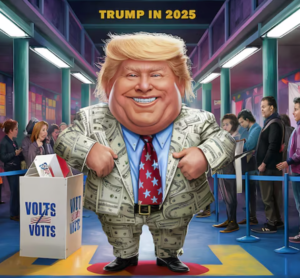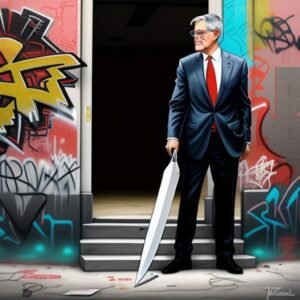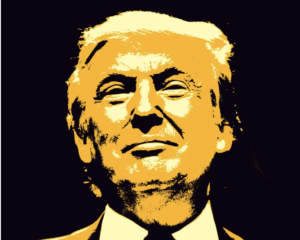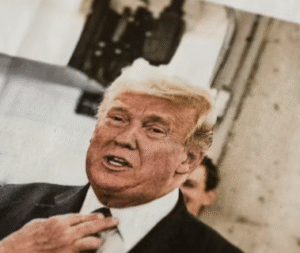#Education #Politics #Trump #NarrativeShift #PoliticalViolence #AcademicBias #CivilDiscourse #PeacefulSolutions
In an era where political polarization has seeped into various spheres of American life, the education sector has not remained untouched. Jared Gould, in his piece for Minding the Campus, brings to light the concerning trend of educators across the United States portraying former President Donald Trump as an existential threat to the nation. This branding, as Gould suggests, has not only skewed political discourse within educational settings but has also, in extreme cases, normalized political violence among younger generations. The attempted assassination of Trump by Thomas Matthew Crooks, although its motivations are still unclear, serves as a chilling reminder of how heated rhetoric can potentially translate into violent action.
The ideological stance adopted by some educators, as illustrated by retired Seattle teacher Michael McSweeney’s public apology for underestimating Trump’s impact on the U.S. government’s checks and balances, reflects a broader issue. Such expressions of regret and ideological inclinations are indicative of an educational atmosphere where political bias overshadows objective analysis and critical thinking. The comparison of Trump’s slogans with those of historical dictators by educators, such as the one made by a professor at the University of Southern Mississippi, puts into perspective the level of intellectual dishonesty that can pervade academia, influencing young and impressionable minds to view political figures in a skewed and potentially dangerous light.
However, amid the widespread criticism and concerns over the direction of political discourse within the education system, there lies an opportunity for change. Gould calls for a narrative shift towards fostering an environment where political differences are explored through civil discourse and respectful disagreement. Educators, Gould argues, should prioritize the republic’s principles over partisan bias, encouraging students to engage in peaceful solutions rather than resorting to or endorsing violence. The road ahead is indeed challenging but necessary for not only healing divisions but also ensuring that the educational environment remains a place for open, balanced, and insightful discussions on political matters. The article underscores the urgent need for educators to reevaluate their role in shaping the political perspectives of future generations, advocating for a more inclusive and measured approach to political education.







Comments are closed.